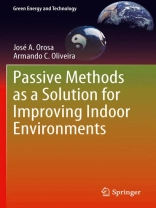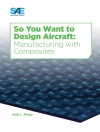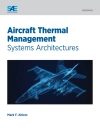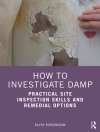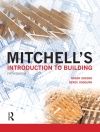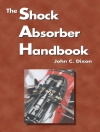There are many aspects to consider when evaluating or improving an indoor environment; thermal comfort, energy saving, preservation of materials, hygiene and health are all key aspects which can be improved by passive methods of environmental control. Passive Methods as a Solution for Improving Indoor Environments endeavours to fill the lack of analysis in this area by using over ten years of research to illustrate the effects of methods such as thermal inertia and permeable coverings; for example, the use of permeable coverings is a well known passive method, but its effects and ways to improve indoor environments have been rarely analyzed.
Passive Methods as a Solution for Improving Indoor Environments includes both software simulations and laboratory and field studies. Through these, the main parameters that characterize the behavior of internal coverings are defined. Furthermore, a new procedure is explained in depth which can be used to identify the real expected effects of permeable coverings such as energy conservation and local thermal comfort as well as their working periods in controlling indoor environments.
This theoretical base is built on by considering future research work including patents and construction indications which will improve indoor environmental conditions with evidence from real data. This makes Passive Methods as a Solution for Improving Indoor Environments an ideal resource for specialists and researchers focusing on indoor air quality, thermal comfort, and energy saving or with a generalinterest in controlling indoor environments with passive methods.
Cuprins
1. Introduction to Indoor Environments, Energy Saving, Thermal Comfort and Health Effects.- 2. Present Field Conditions.- 3. Passive Methods as a Possible Solution.- 4. Permeable Coverings.- 5. Future Research Work (Software Resources, Laboratory and Field Tests).
Despre autor
José Antonio Orosa García graduated with a degree in Marine Engineering and Naval Architecture from the University of A Coruña. He also has a Ph D in Marine Engineering. Over the last few years he has participated in the International Energy Agency Annex 41 and collaborated with the INEGA and IDEMEC of the University of Porto in research about new learning methods for university studies like marine engineering. His research activities are centred on work risk prevention in ships. He is Director of the Department of Energy of the University of A Coruña. Armando C. Oliveira is Head of the New Energy Technologies Research Unit, which exists within the Institute of Mechanical Engineering – FEUP (Faculty of Engineering of the University of Porto). He has coordinated and participated in 13 European research and development projects related to the development of new and sustainable energy systems, especially solar thermal systems (heating, cooling and CHP systems). He is Secretary-General of the World Society of Sustainable Energy Technologies and jointly responsible for the conference series on Sustainable Energy Technologies, with several editions held in Europe, Asia and America.
